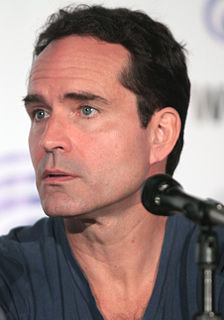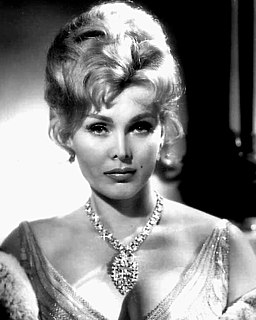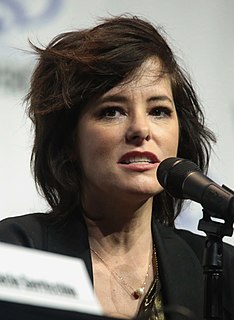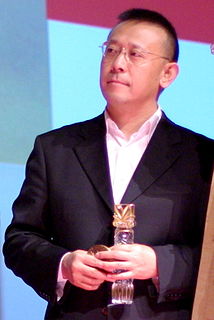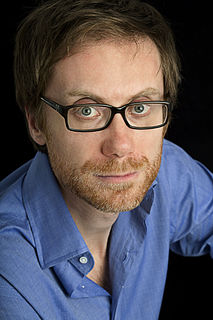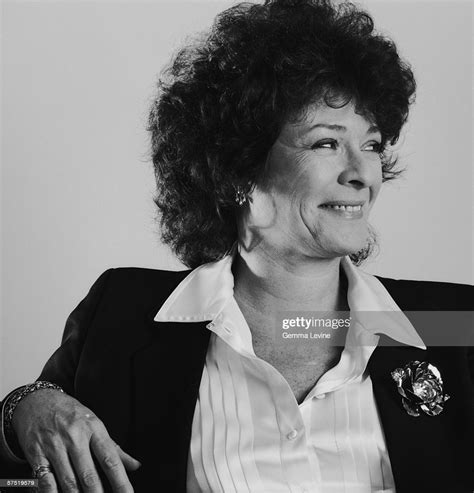A Quote by Jason Patric
I don't like people who use the press to advance themselves in a way that they haven't earned as an actor, performer or director.
Related Quotes
When an actor plays a scene exactly the way a director orders, it isn't acting. It's following instructions. Anyone with the physical qualifications can do that. So the director's task is just that – to direct, to point the way. Then the actor takes over. And he must be allowed the space, the freedom to express himself in the role. Without that space, an actor is no more than an unthinking robot with a chest-full of push-buttons.
The director is the most important because, ultimately, as an actor, when you watch a movie, it looks like an actor is giving a performance, and they kind of are. But, what's actually happening is that an actor has given a bunch of ingredients over to a director, who then constructs a performance. That's movie-making.
As a director, it became important to hear that specific role read by that specific actor, and you hear the chemistry, or you don't hear the chemistry. So I'm not so bothered by the audition process anymore; in fact, I use it. It's a time for the actor to actually get to the know the director and the producers a little bit, too.
When I get hired as an actor as opposed to a writer, one of things that's exciting for me is doing stuff I wouldn't normally do myself. So whether it's a kid's movie or a voice in animation or in this case - where I just get to be silly, it's a different kind of comedy for me. As a performer, it's a different pleasure than when you're writing or directing. As a performer, you're just in the hands of the director and you go with whatever they want to do.
I'm a New York person. I've never gone out of the way to speak to the press to change my persona - I probably should have. It's too late now. But when I first started I was like, "I'm gonna stay this way. I'm gonna be this way," and I continued to. I probably should have sugarcoated it like, "This is not really the way I am - I'm an actor."
